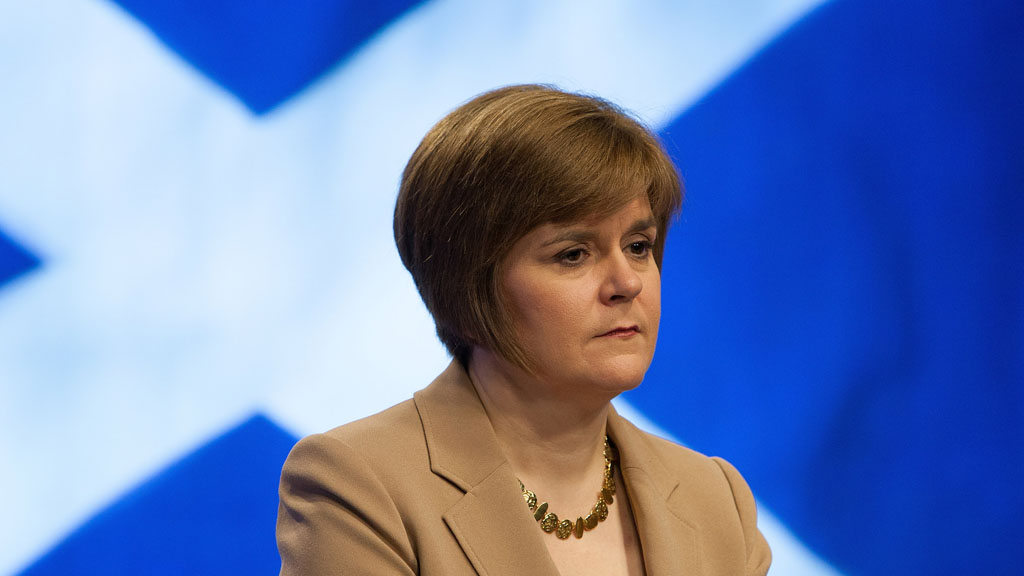Scottish politician seeks independent woman for voting commitment
We’ve had the soccer moms, now let’s hear it for the shinty maws.
For those of you unfamiliar with Gaelic sports, I refer of course to the importance of women in the Scottish independence referendum.
 Scotland’s deputy first minister Nicola Sturgeon (pictured above) has suggested that if she can win over women, her party will win the referendum.
Scotland’s deputy first minister Nicola Sturgeon (pictured above) has suggested that if she can win over women, her party will win the referendum.
Just 27 per cent of women say they’ll vote Yes to independence in September, with 59 per cent planning to vote No.
So between now and then, Scottish women – whether shinty maws or otherwise – will be as eagerly wooed by politicians of all hues as were the soccer moms who felt the full force of Bill Clinton’s electoral charms.
As the most senior woman in Scottish politics, you might think that Sturgeon was well-placed to win that gender war.
But the interesting thing about Holyrood is that, unlike Westminster, women are very much in the ascendance in all three main political parties.
Aside from Sturgeon, there’s the leader of the Scottish Labour Party Johann Lamont and the Scottish Conservative leader Ruth Davidson.
So is there something about Scottish politics that has proved a fertile breeding ground for female talent? Labour’s backing for all-women shortlists has certainly ensured that very nearly half its MSPs are women.
And when it comes to the Tories, David Cameron was determined to get a woman in the top job, even though she had only been in parliament for a few months when she became leader, and didn’t have a great deal of support in her party.
But the SNP is less women-friendly.
After all, Sturgeon was in the running for the leadership against Roseanna Cunningham, and it was only to stop Cunningham seizing the crown that Alex Salmond threw his own hat in the ring. So one man ended up displacing two women.
Across the board, though, it’s striking that Holyrood does far better than Westminster in electing women.
At the last set of Scottish parliamentary elections in 2011, women accounted for 34.8 per cent of seats. That’s a result that’s the envy of many in Westminster – where women account for just 22 per cent of the Commons.
So to return to the independence debate: will the political matriarchy hold any more sway with women voters than the men?
Unlikely, says John Curtice, professor of politics at the University of Strathclyde.
“Women have been less likely to be in favour of independence long before Ruth Davidson, Johann Lamont or Nicola Sturgeon were ever senior politicians. The gender of politicians doesn’t make much difference in terms of persuading women to vote for them,” he told me.
The shinty maws will be in demand, then, but they may be just as willing to listen to the patriarchy as the sisterhood.
Follow @CathyNewman on Twitter


